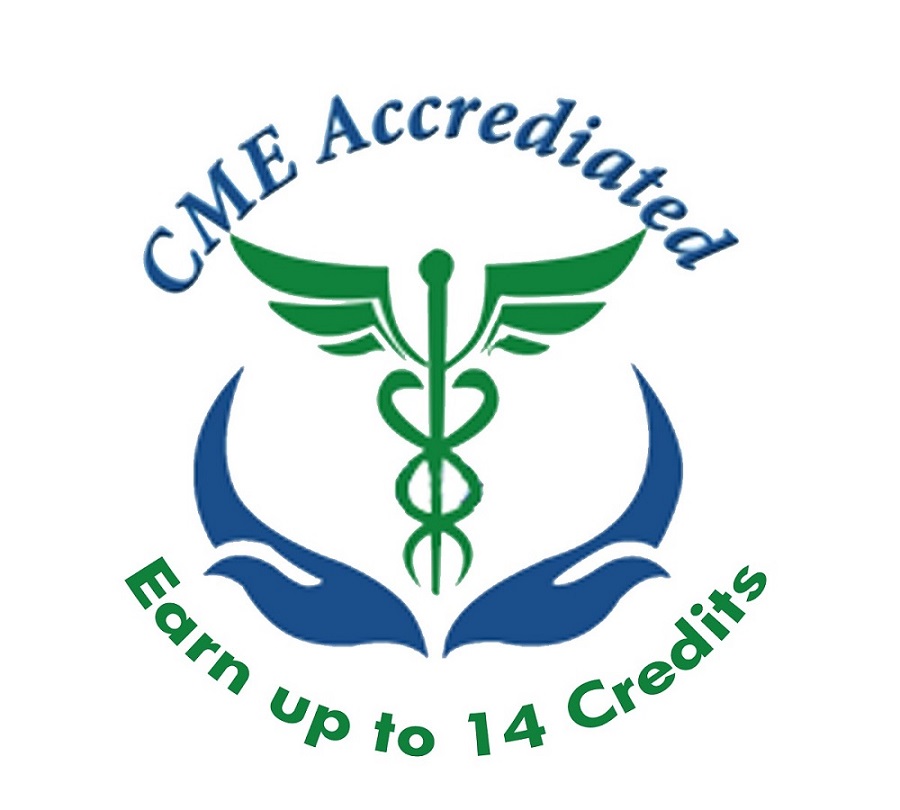Hadi Abdollahzad
Kurdistan University of Medical Sciences
Iran
Title: Coenzyme Q10 supplementation and health status of rheumatoid arthritis patients.
Biography
Biography: Hadi Abdollahzad
Abstract
Progressive cartilage and bone destruction culminates to physical disability and deteriorates health status in rheumatoid arthritis (RA). In addition to adverse effects and high costs, current therapies sometimes fail or produce only partial responses. Recently, trends toward nutritional supplements as adjunct therapies have been extended. Anti-inflammatory and anti-nociceptive effects of coenzyme Q10 (CoQ10) in the arthritis animal model have been characterized. The current study was carried out to investigate the effects of CoQ10 supplementation on health status in rheumatoid arthritis patients. In this double-blind, randomized placebo-controlled clinical trial 54 RA patients with moderate and sever disease activity score (DAS28>3.2) were selected from those referred to specialized clinics of Urmia University of Medical Sciences. Eligible participants randomly allocated to supplement or placebo groups. In addition to usual pharmacologic therapies, each patient received a 100 mg/day capsule of CoQ10 in supplemented group (n=27) or placebo in control group (n=27) for two months. Patients’ demographic data were recorded at the baseline. Before and after the intervention dietary food intakes and health assessment questionnaire (HAQ) were completed through respective questionnaires. Data were analyzed using SPSS. Energy and macronutrients intake showed no significant differences within and between groups. CoQ10 significantly lowered HAQ score and led to a significant difference between two groups. It appears that oral CoQ10 supplement can be applied as an adjuvant treatment in combination with anti-rheumatic drugs. Longer clinical trials with higher doses of CoQ10 may be necessary to confirm the results of our study.

